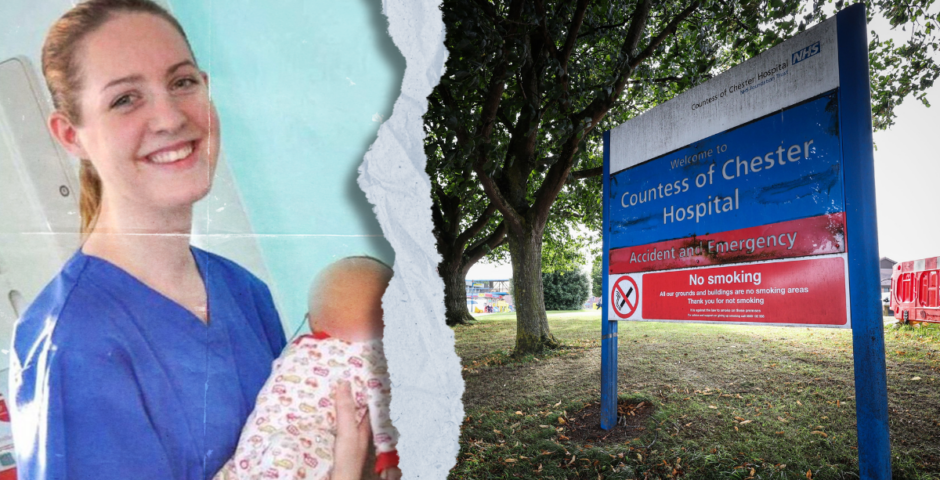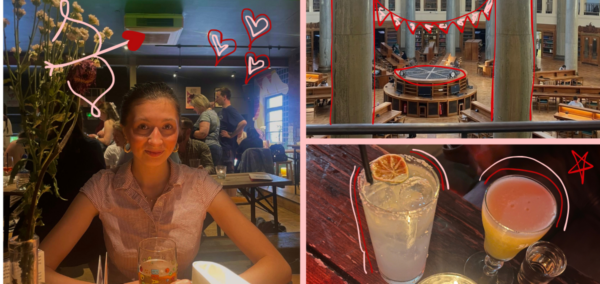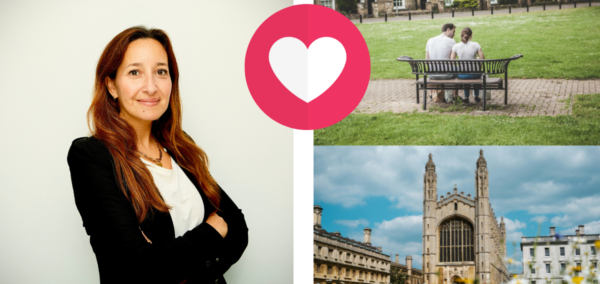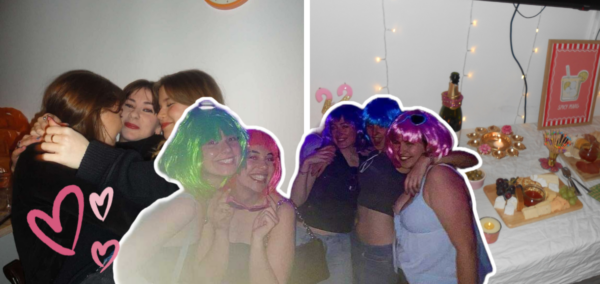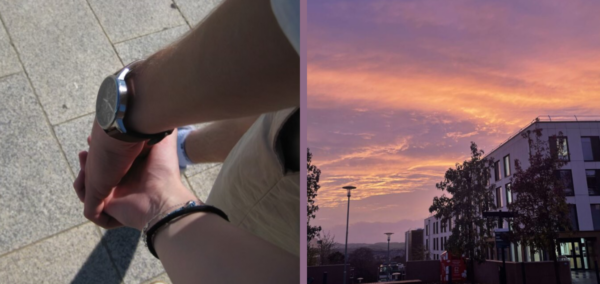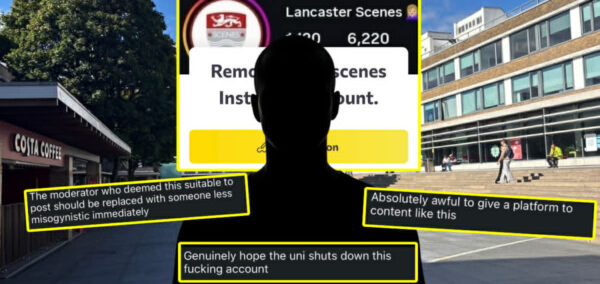
I took learning to a new level and aced my classes at university in the Metaverse
Wait, virtual learning can actually be fun?
As I stood in the huge conference room at the London Meta office, Steve from VictoryXR placed a headset on my head. I nervously waited as a world began to light up before my eyes. One moment I was in Kings Cross, and the next, I was transported to a university in the Metaverse via a Meta Quest headset.
Yes, you read that right. Having lived through my university’s dreadful attempts at online, I was sceptical of digital learning. For me, it involved a Zoom call with a camera off, scrolling through social media while my teacher read paragraphs from a textbook and an awkwardly silent breakout room. When I stepped into Metaversity, I realised just how different classes would be here in comparison.
The Meta for Education beta program has been working with mixed and virtual reality to take learning to the next level. Instead of reading about the human body, you can open it up yourself. Instead of writing your Spanish conjugations, you can walk along a street in Spain and use them in a natural conversation. It’s all designed to immerse you in the experience, which is exactly what happened to me.
@thetab_ Imagine having your 9ams in the Metaverse 🤯 AD Meta #university #student #metaverse
Firstly, I went to science class, where I was able to take apart an entire human body and learn everything about each bone, organ and cell just by touching it. I have always been a visual learner, and reading from textbooks in biology never helped me absorb knowledge. As I closely examined every organ, I couldn’t help but think that having a visual aid in front of me would completely change how I approached science classes.
Most Read
That’s not all to be achieved in the virtual science world, either. Doctors, nurses and students can get hands-on experience dealing with lifelike emergencies they would otherwise not be able to prepare for. Morehouse College Metaversity Director Dr. Muhsinah Morris explained that the Metaversities are “being built for education with the educators and the students in mind,” and what better way to enhance your learning as a medical student than to be thrown right into an emergency scenario?
After a gritty biology lesson, Steve from VictoryXR showed me around Morehouse College University in the U.S., which had been built to full likeness in the Metaverse. I walked around campus admiring every detail as I would if I were there in real life. I could imagine myself hungover one day, still able to walk around campus and interact with my coursemates from the comfort of my uni bed. You can even visit the virtual student bar all from home!
The fun didn’t stop there. I headed over to the next booth, Immerse VR, which was the languages department. I nervously put on a headset and landed myself on the streets of Spain, where I began speaking Spanish to a virtual teacher.

via Immerse
As an A-level Spanish student, my rusty skills were put to the test. I always get anxious having a conversation in a different language, because it’s the absolute worst feeling when you fail. But, speaking with an AI teacher meant I could mess up in a judgement-free zone. Not only did I feel more confident speaking in the Metaverse, but I also felt empowered to try more advanced phrases and grammar. My AI speaking partner corrected me whenever I went wrong, and our discussion continued.
Upon completion, I was rated on my spelling, grammar, and unique choice of words. I scored 100 for pronunciation, 96 for grammar and 76 for uniqueness of words. Apparently, I use the word “mucho” a bit too much (pun intended), because there was definitely room for improvement in my choice of adjectives. I wanted to try it all over again afterwards: It was a far cry from asking my classmates “¿Qué haces en tu tiempo libre?”
Virtual reality and extended reality may have been a cloudy part of my knowledge before today, but the University of Glasgow have been using them in labs for years. I had a very interesting conversation with Neil McDonnell, a professor of Philosophy and XR technology who highlighted how revolutionary this technology is for humanities students. Did you know The British Museum only displays one per cent of its eight million artefacts? Imagine being able to see anything you wanted there, and get closer than you could even if you visited in person. Professor McDonnell also explained how the Metaverse would allow university students to curate their own collections of museum objects: No matter if you’re in London or Tokyo, you’ll be able to access any museum you want.

via VictoryXR
Over a dozen universities are using the Meta Quest headsets to make huge differences in classes, including Imperial College London, the University of Glasgow and the University of Leeds in the UK. The virtual and mixed reality are designed to change the way we learn, and they’ve got the grade statistics to back it up too. In fact, students at Morehouse College boosted their attendance rates by 10 per cent, and their grades by 11 per cent.
Imperial College London Executive Director Monica Arés is also hugely enthusiastic about the opportunities it will create for students. “Students are hungry for newer, innovative ways to connect to technology,” she said. She hopes AI and XR technology will open “new gateways into knowledge,” but more importantly, “unlock the human part of learning: Curiosity, creativity and connection.”
As a student who has done university learning the traditional way, the COVID lockdown way, and now the Metaverse way, I’ve never felt as genuinely interested in the task at hand the way I did in mixed reality. It combined the best of both worlds and created an exciting learning experience.
Education and VR Director Matt Sanders noted just how engaging the tech is for the current students using it. “We see student engagement really high because you’re physically present with the people you’re with. The thing about the Metaverse and immersive technology is that you can feel so much more connected with the learners and your teachers in a way you don’t if you’re learning through a screen or in a textbook way,” he explained.
I left the Meta office feeling inspired and hopeful for the future of virtual and extended reality learning. In a world where we’re all glued to our phones mindlessly scrolling through short-form content, I’d witnessed firsthand how technology can change the way our brains are wired for the better. So long short attention spans and low motivation!



